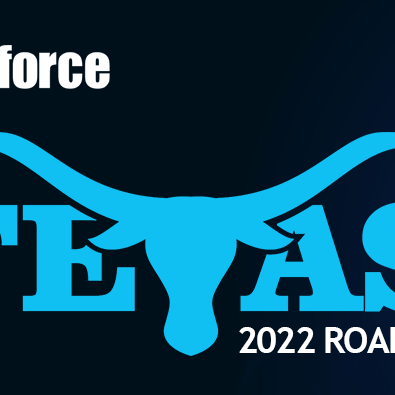
The True Cost of Open Source Software – A White Paper
By Morgan Greene and India Sayer
Open-source software (OSS) refers to software whose source code is freely available for anyone to view, modify, and distribute. Open-source software has gained popularity over the years due to its purported benefits. However, as with any technology, it presents challenges to consider prior to adoption.
One of the most touted benefits of open-source software is that it’s “freeâ€. Organizations can download, use, and distribute OSS without paying licensing fees. Theoretically, this means that companies can save on software expenses and redirect capital to other areas of the business or operation. Unfortunately, “there ain’t no such thing as a free lunch.†Companies and organizations that adopt open-source software must allocate budget to IT support, escalation costs, and software developer costs required to integrate, deploy, scale, and customize the open-source software for the organization’s specific needs. These subsequent six-figure support and development bills often come as a shock to organizations who are attempting to just get their software up and running.
Read more about the costs of:
- 1-800-HELP ME!
- Flawed architecture and the need for constant hardware upgrades
- Code forks which introduce incompatibility between branches



